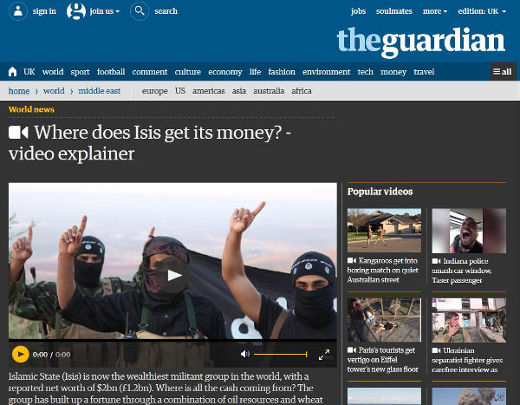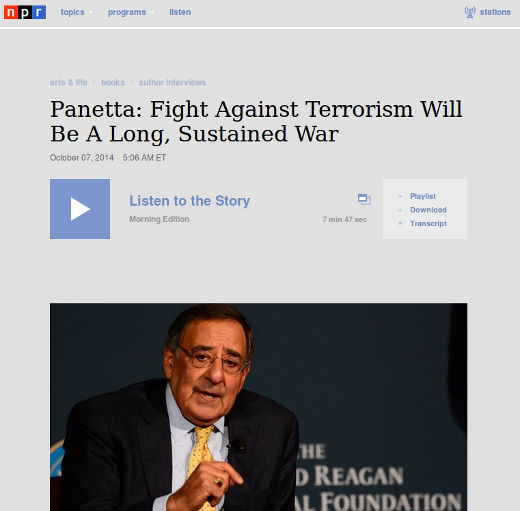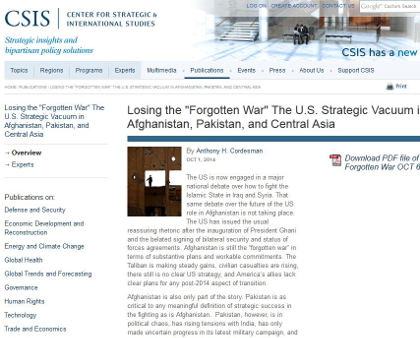The recent rise of the Islamic State of Iraq and Syria/Levant (ISIS/ISIL) has been fueled by the amount of money they’ve been able to loot (from the Iraqi Central Bank in Mosul), the weapons they’ve taken from the Iraqi armed forces and the amount of money they generate through captured resources. Their “net worth” is estimated to be $2 billion and the captured resources – mostly oil and possibly this year’s wheat crop – yields them another $1.2 million per day in illicit revenues. The oil is most interesting as it being smuggled into Jordan, Iran, Turkey and by some estimates finding its way into Europe. There seems to always be a market for oil, regardless of how tainted it may be from the spilled blood of innocents, as long as the price the right. The Guardian delves into this puzzling intersection of brutal terrorism and opportunistic mercantilism.

The terrorist group ISIS has found some rich sources of funding


